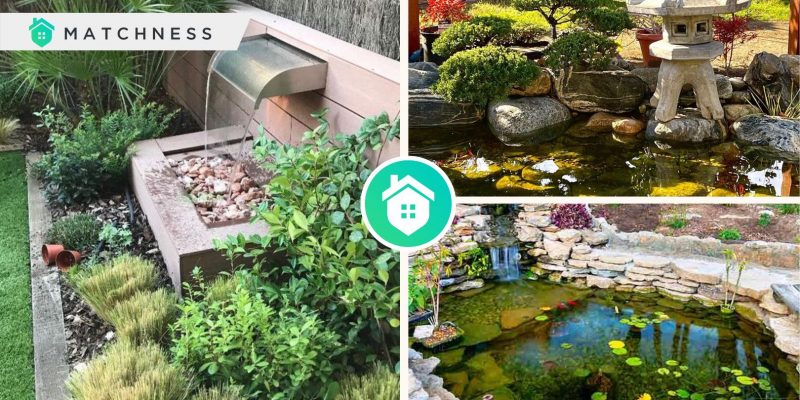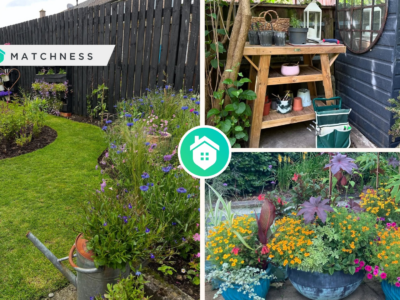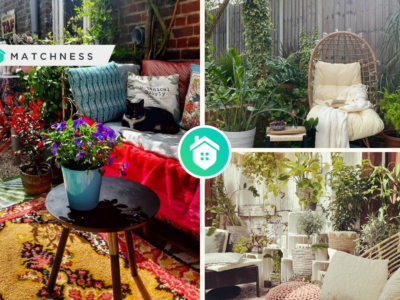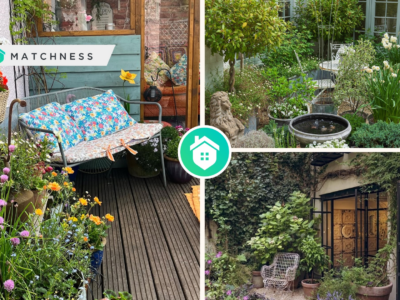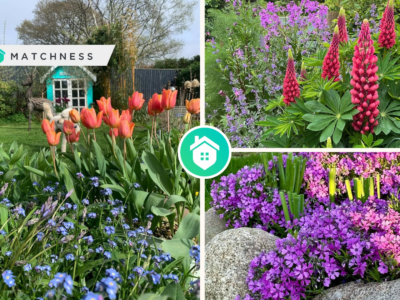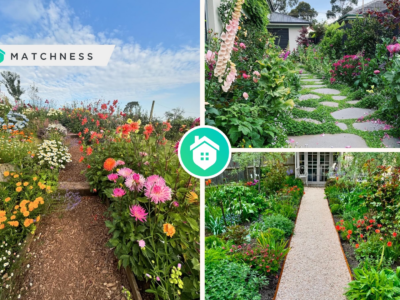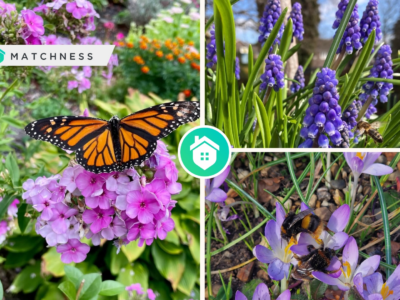Water features, such as fountains, ponds, and waterfalls, offer a multitude of benefits for gardens, enhancing both their aesthetic appeal and ecological value. Of all of the possible water features you can provide in your garden, the fountains and ponds are the most popular ones. Anyway, there are varied kinds of fountains and ponds and each type of them serves different functions and enhances the landscape in unique ways. Choosing the right type of pond or fountain depends on the specific needs, aesthetic goals, and environmental considerations of the space. Here are some of the key benefits of incorporating water features into a garden:
1. Aesthetic Enhancements: Water features serve as focal points, adding a dynamic and attractive element to the garden. The movement of water can draw the eye and create a sense of depth and interest. Also, the gentle sound of flowing water can create a calming atmosphere, masking unwanted noise from nearby roads or neighbors and adding a layer of tranquility.
2. Environmental Benefits: Water features attract a variety of wildlife, including birds, butterflies, and beneficial insects. Frogs, fish, and other aquatic creatures can thrive in well-maintained ponds, contributing to local biodiversity.
3. Health and Well-being: The sound and sight of water have been shown to reduce stress and promote relaxation. Spending time near a water feature can have therapeutic effects, improving mental well-being.
4. Practical Benefits: Well-designed water features can significantly boost the aesthetic appeal and value of a property. Also, water features can help manage garden pests naturally. Frogs and birds attracted to the water can help keep insect populations in check, reducing the need for chemical pesticides.
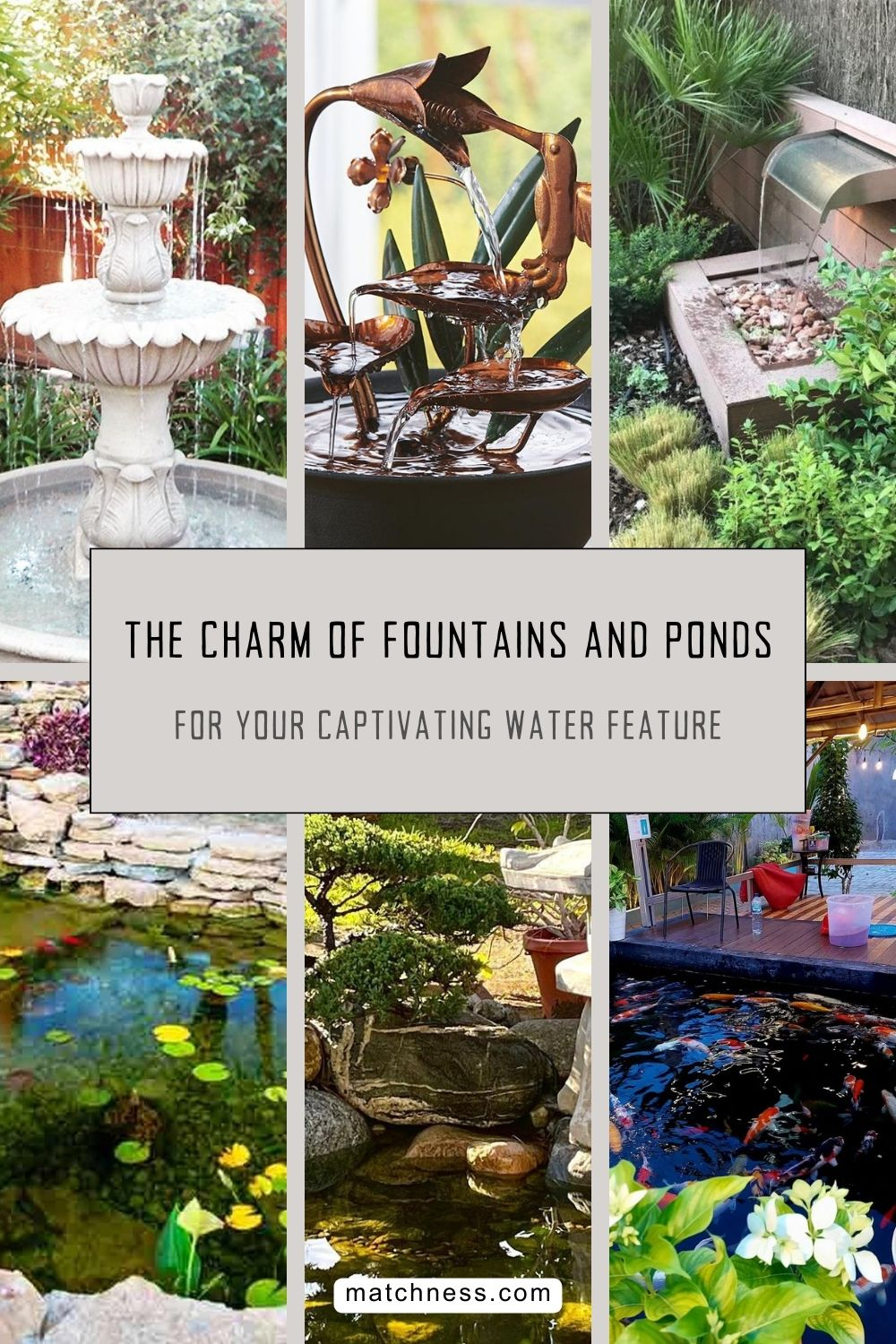
Now that you already know the benefits of having a water feature in your garden, let’s now move to the kinds of water features for your consideration in choosing the best one. Before we move, you should know that some water features can possibly placed indoors. Here there are the complete references.
Fountains
Fountains come in a wide variety of styles and types, each suited to different settings and preferences. Each type of fountain brings its unique charm and functionality to a space, whether for decorative purposes, wildlife support, or interactive enjoyment. Choosing the right fountain depends on the specific needs, aesthetic preferences, and the environment in which it will be placed. Here are some common types of fountains:
1. Wall Fountains
Wall fountains are mounted directly on a wall and often feature a basin at the bottom to catch the water. They can be either indoor or outdoor installations. This one can surely add an architectural element to the garden or interior space.
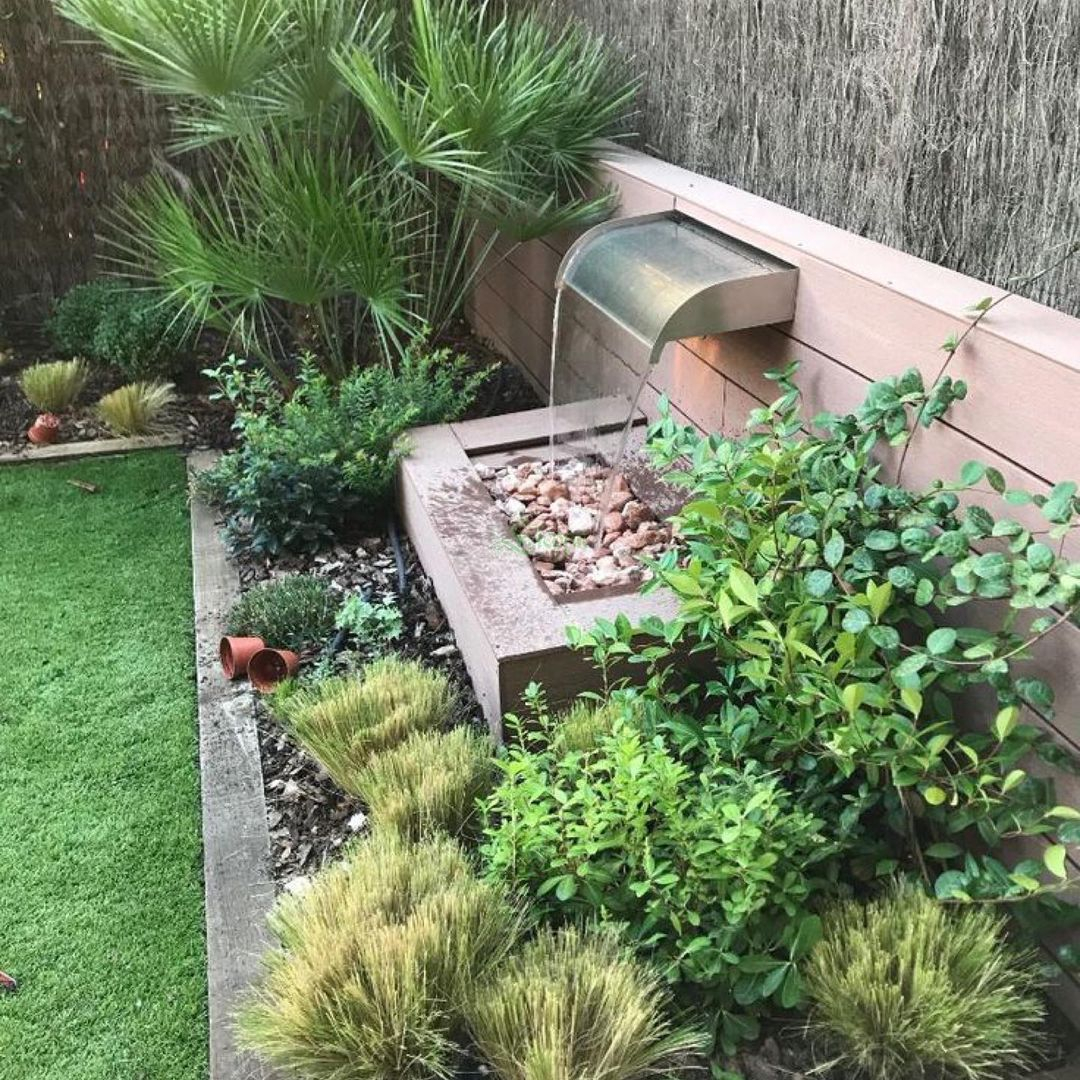
The wall fountain has gravel under it to make it look more natural. Also, the gravel minimizes the water splash and creates a great water sound. Wall Fountain from @licopn
2. Tiered Fountains
Tiered fountains have multiple levels from which water flows, creating a cascading effect. They are often seen in classical and traditional garden settings.
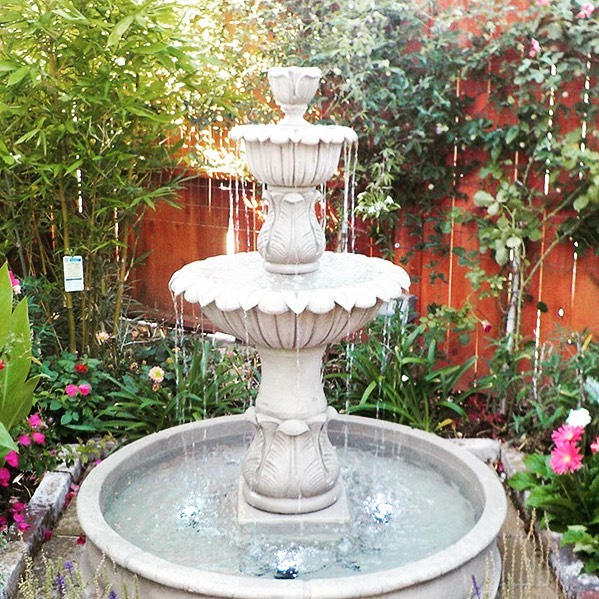
Look at the design of this fountain. It looks classic and aesthetic with all of the details the fountain has. Even when it has a classic design, this water fountain doesn’t seen worn out at all because of its white color and good maintenance. Tiered Fountains from @majesticfountainsandmore
3. Tabletop Fountains
The tabletop fountains are small, portable fountains designed to be placed on tables or desks. They are popular for indoor use but can be used for the outdoors for sure. This kind of fountain provides a calming effect for indoor spaces.
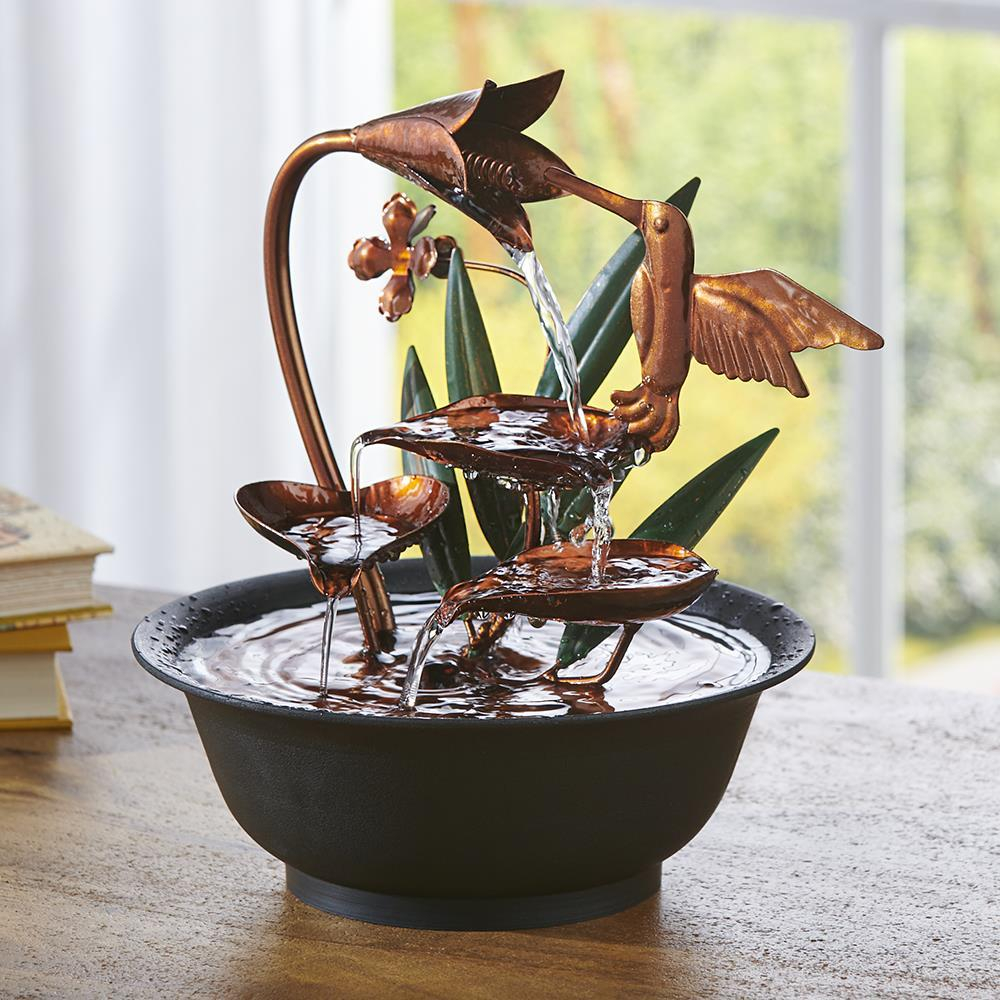
Look at how adorable this water fountain looks like. It can be moved anywhere you want. It has a small size but it is still really proper with its design and its ability to create the sound of the water falling. Tabletop Fountain from @hammacherschlemmer
4. Pond Fountains
These fountains are installed in ponds and can create dramatic water displays, including vertical jets and sprays. It enhances the visual appeal of ponds and can include lighting for night-time displays.
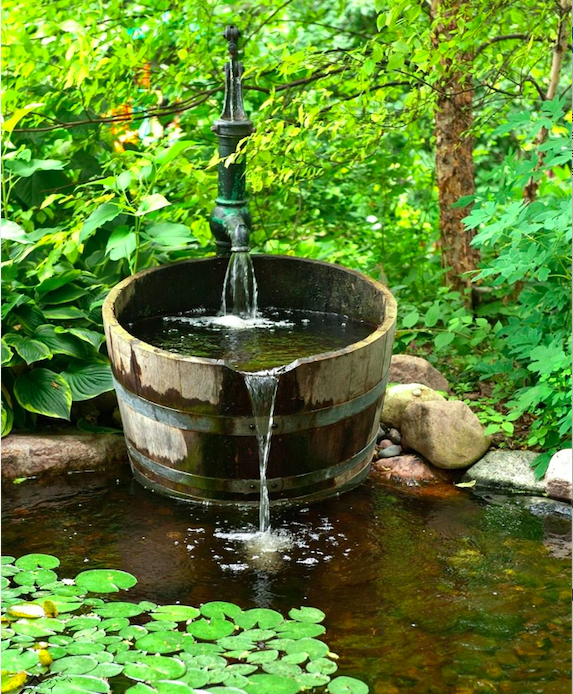
This pond fountain has two water flows that will be able to create more water sounds which is great. This kind of waterfall is perfect for the pond because it can balance the existence of the pond which already stands out. Pond Fountain from @aquascape_inc
5. Spouting Fountains
Spouting fountains shoot water into the air through a nozzle, creating a dynamic and often dramatic water display. It is suitable for large outdoor spaces and public areas.
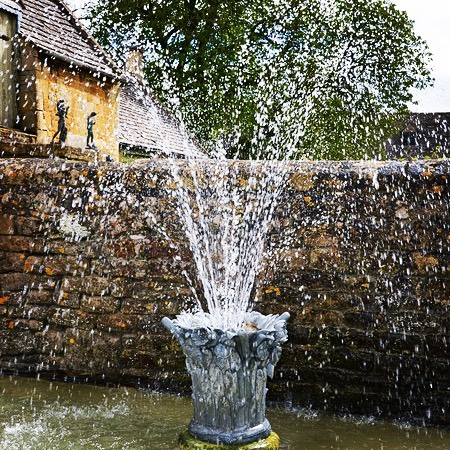
Look at how adorable this water fountain is. It can be the focal point of your garden with its massive impact. The water spouting becomes the one that makes this fountain special. Spouting Fountain from @hhgardencollections
Ponds
Ponds can be designed and categorized in various ways, each serving different purposes and contributing uniquely to the landscape. Here are some common types of ponds:
1. Garden Ponds
It is designed primarily for aesthetic and recreational purposes, garden ponds are a popular feature in residential landscapes. It often includes ornamental plants and fish. The pond can also incorporate waterfalls, fountains, and lighting for added effect.
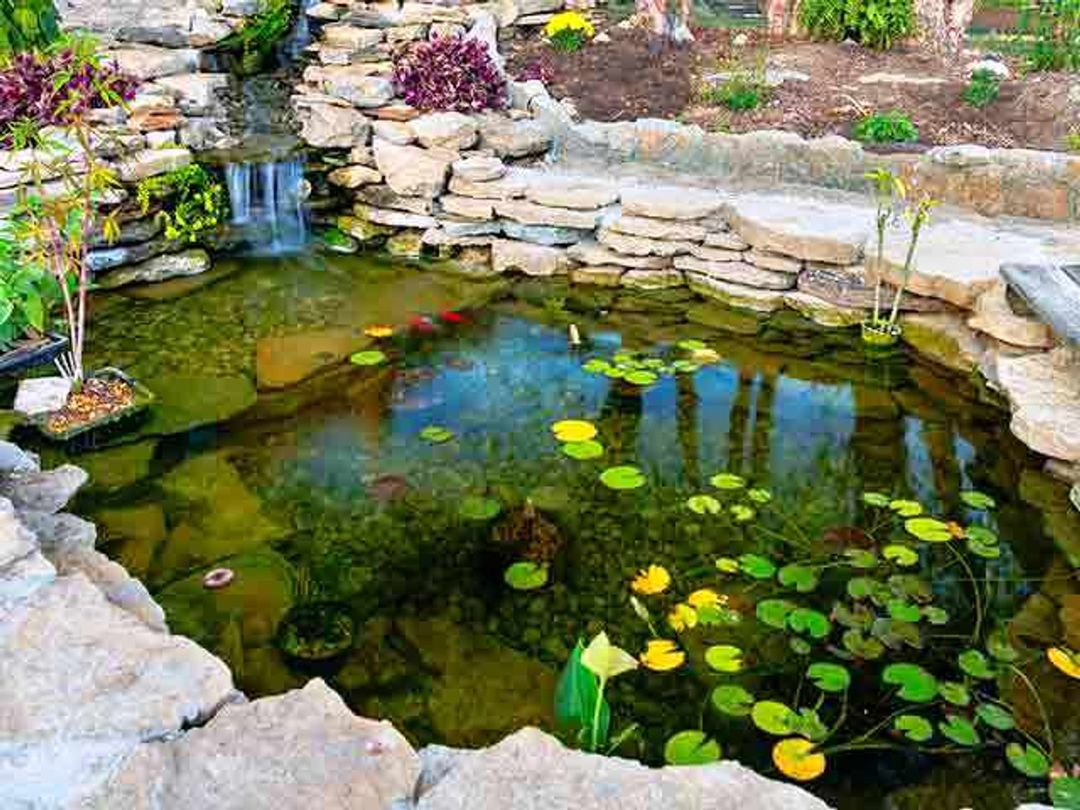
This one is such a complete water pond. You can see it from the features this pond has. It has a waterfall, a stone arrangement, and some different plants, and the fish can also live there. Garden Pond from @quickcrop
2. Koi Ponds
It is specifically designed for keeping koi fish, these ponds emphasize water quality and clarity to showcase the fish. It often includes filtration systems to maintain clean water. It has minimal plant life to prevent interference with koi.
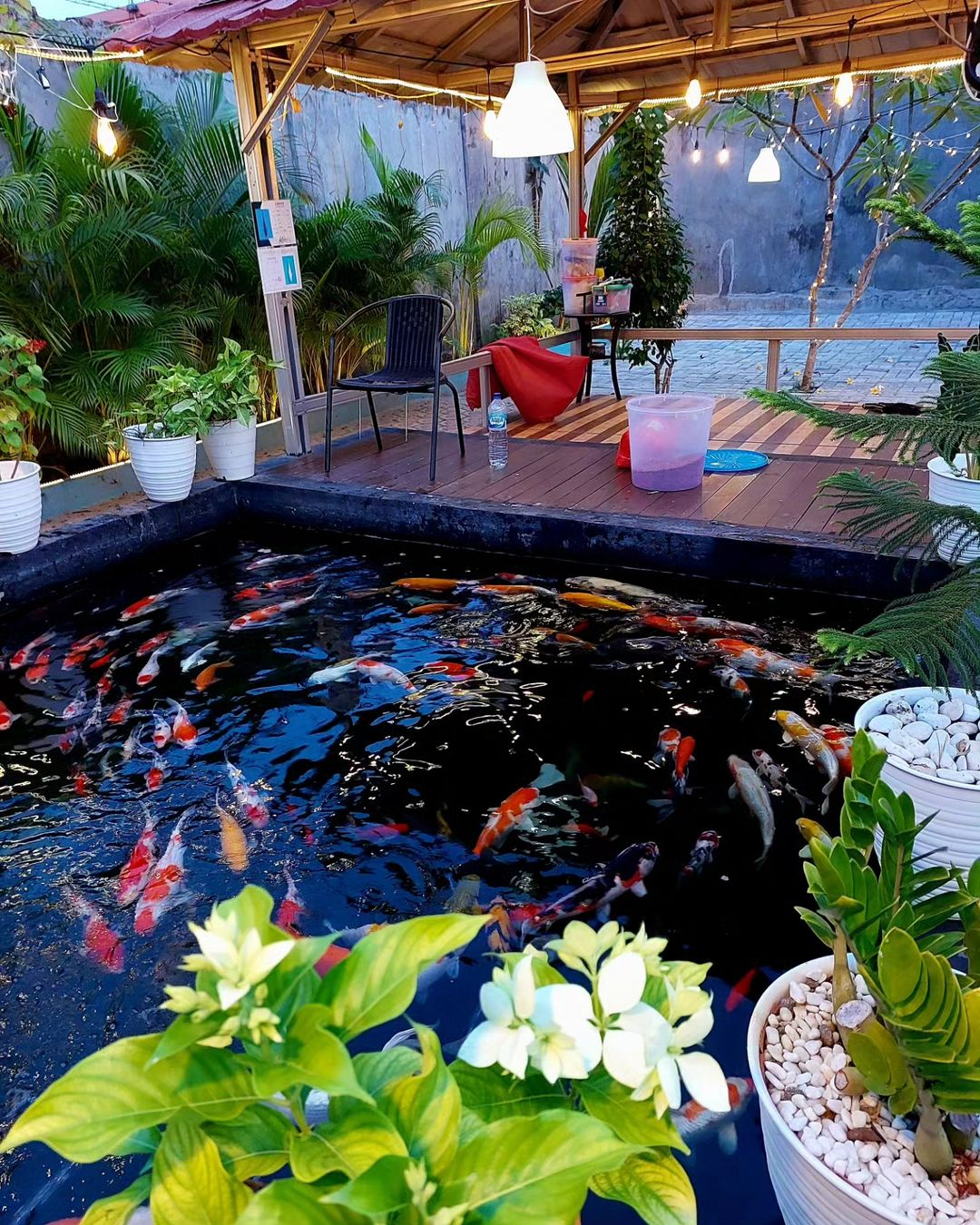
If you look at this pond, you will see that there are no plants or stones added to the pool. All of the plants are planted in the pots. It is important to maintain the koi. Koi Pond from @koi_backyard_indonesia
3. Natural Ponds
Mimicking natural water bodies, these ponds blend seamlessly into the surrounding landscape and require minimal maintenance. It may include rocks, logs, and other natural features.
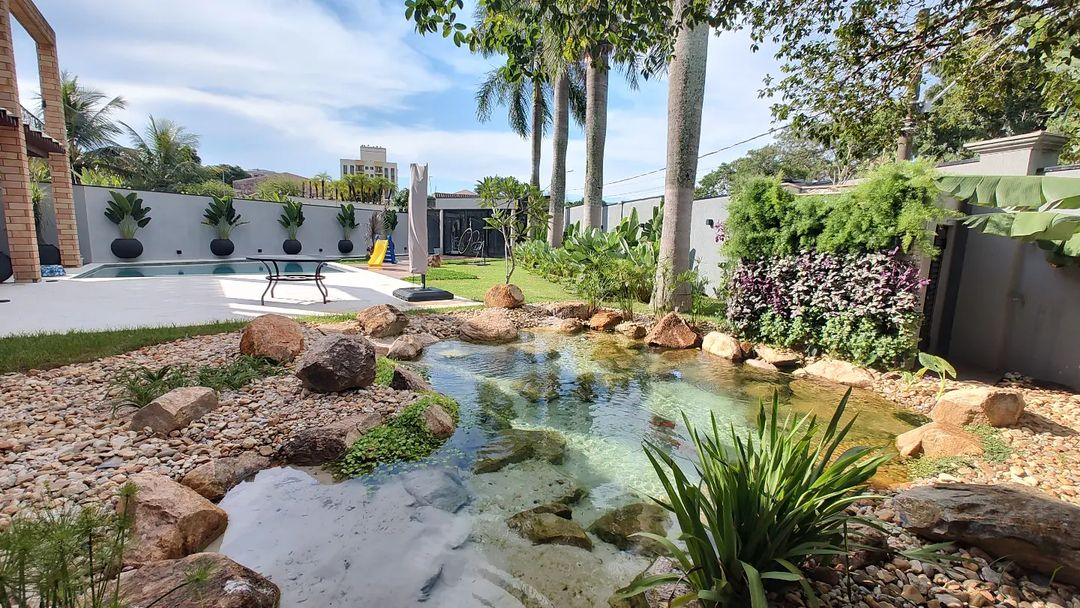
You should see how natural this pond looks like with the water area which has no limit with the land area. The land is covered with gravel and stones that make it look even more natural. Natural Pond from @bionatureecossistemas
4. Ornamental Ponds
Focused on decorative purposes, these ponds enhance the aesthetic value of a garden or landscape. It includes decorative elements like statues, bridges, and rock formations.
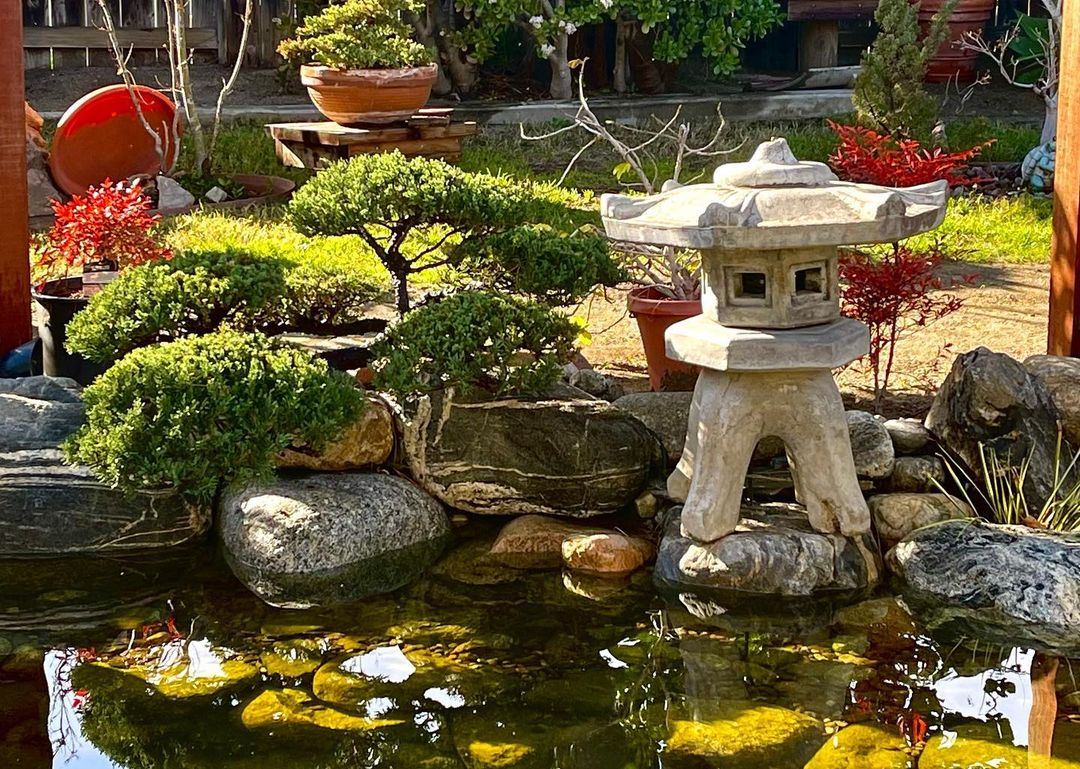
This pond has a statue and rock formation that make this pond look aesthetic. Then, there is also some bonsai surrounding the pond to add the aesthetic side of this pond. Ornamental Pond from @theponddigger


